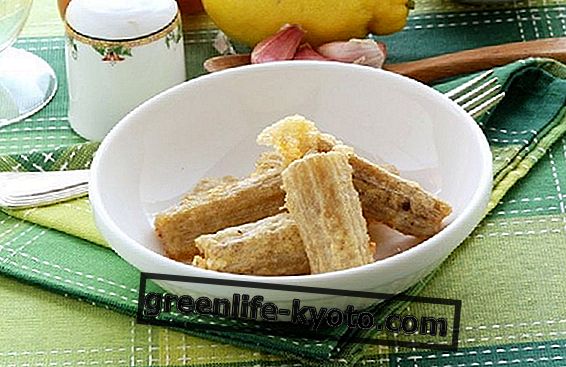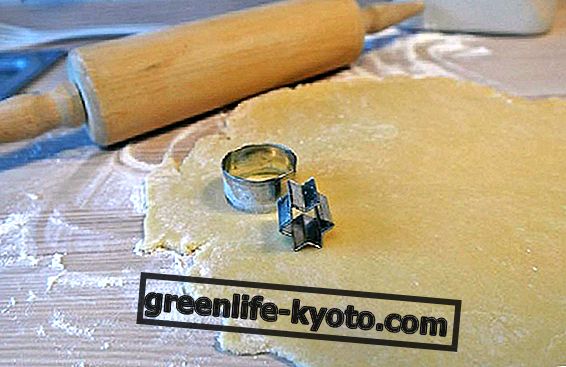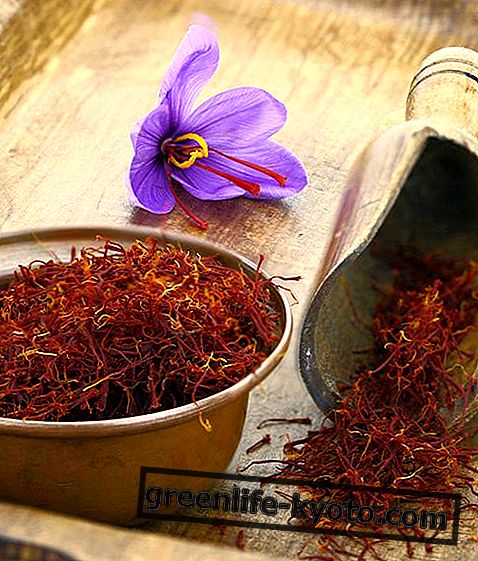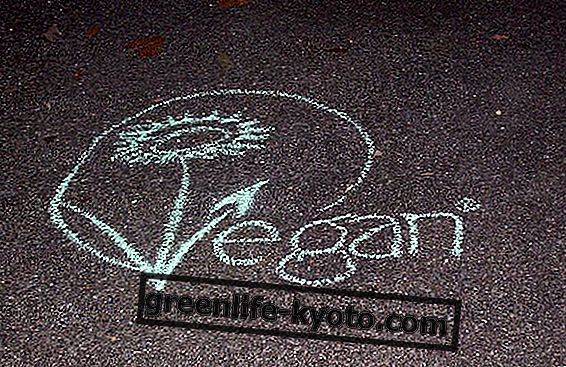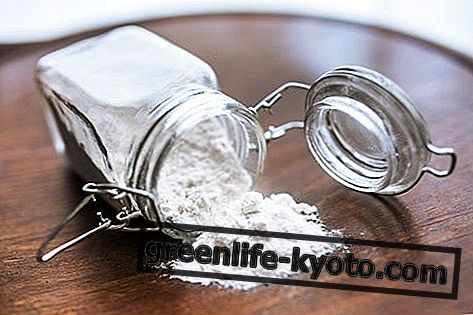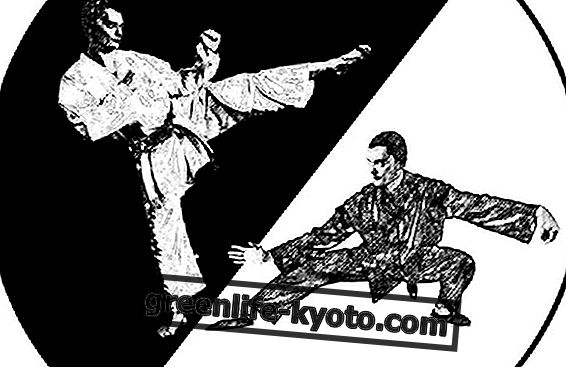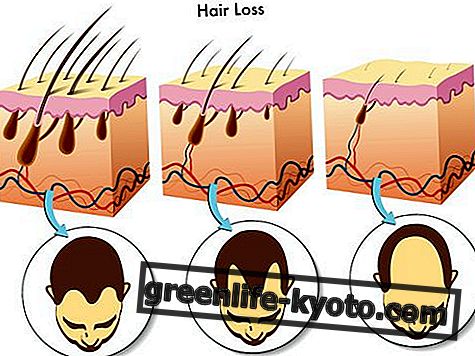Edited by Veronica Pacella, Nutritionist
Pycnogenol is a polyphenol obtained from the bark of the French maritime pine, Pinus maritima, consisting of a complex mixture of pro-anthocyanidins (oligomeric and polymeric) with a strong antioxidant action. Let's find out better.
>
>
>
Bark of maritime pine

What is it for and where is the pycnogenol?
The oligomeric proanthocyanidins (PAC) are a family of natural polphenols belonging to the class of bioflavonoids, found in different fruits and plants present in particularly high concentrations in red grape seeds and in the bark of French maritime pine .
It has an antioxidant action that is enhanced by the remarkable ability to non-competitively inhibit the xanthine-oxidase enzyme, promoter of the formation of the superoxide anion. Oligomeric proanthocyanidins have proven to be 30 times more effective than vitamin E and classical antioxidants. In particular, they were very effective both in the induction phase and in the lipid peroxidation propagation phase.
The anti-enzymatic action is tested in vitro on different enzymes, including elastase, collage nasi, hyaluronidase, betaglucoronidase (involved in the replacement of the main components of the extravascular matrix: elastin, collagen, hyaluronic acid) and xanthine oxidase (involved in the formation of superoxide anion). Furthermore it has been shown that alpha-1-antitrypsin, inhibitor of proteolytic enzymes, is in turn inhibited by compounds containing active oxygen, thus leaving the green light to the enzymatic systems controlled by it, with the result of accelerating the destruction of the extracellular matrix .
Proanthocyanidins therefore block the entire process at two levels : preventing the formation of compounds containing active oxygen and limiting the entire enzymatic activity. This hypothesis is supported by pharmacokinetic data that indicate a remarkable PAC tropism for glycosaminoglycan-rich tissues, such as blood vessel walls. The result of this combined action manifests itself with a notable reinforcement of the capillary walls.
Like pyknogenol, maqui also has antioxidant properties: find out which ones

The antioxidant properties of pycnogenol
The antioxidant action of PAC is particularly useful in:
- Peripheral venous insufficiency, diabetic and non-diabetic retinopathies, capillary fragility: oligomeric proanthocyanidins have the ability to strengthen the walls through a specific bond with the elastic collagen and elastin fibers, but this is not enough; they play an inhibiting action against the key enzymes of the capillary endothelium and of the surrounding matrix combined with protection from damage caused by free radicals.
- Prevention and treatment of cardiovascular diseases (disorders of peripheral circulation, cerebral and cardiac microcirculation, alteration of platelet aggregation) due to the powerful radical-scavenger action in favoring normal platelet function and greater vessel fluidity
- Stimulation of the immune system: protection of macrophages from oxidative damage of free radicals
- Anti-inflammatory action
- Skin protection against aging and damage from UV-B rays.
Dosages and contraindications
As an antioxidant and as a preventative for prolonged treatments, 30/45 mg, 1 or 2 times a day are sufficient.
